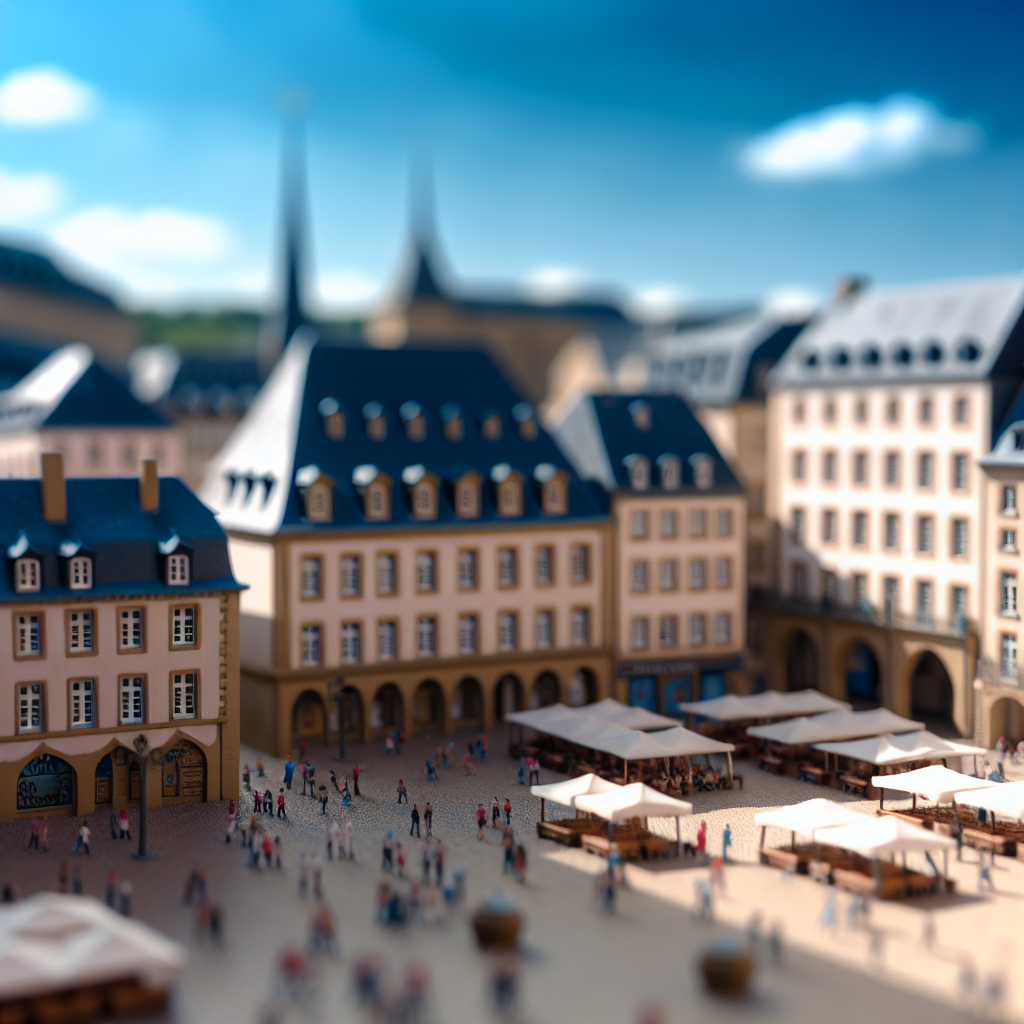
Discovering Luxembourg: A Gem of Europe
Luxembourg, the Grand Duchy nestled in Western Europe, is a fascinating blend of rich history, thriving economy, and vibrant culture. Bordered by Belgium, Germany, and France, this small yet influential nation boasts a population of around 682,000 and serves as a key hub for the European Union. In this article, we delve into its historical roots, economic prowess, and cultural attractions, offering insights for travelers, history buffs, and business enthusiasts alike.
Historical Evolution of Luxembourg
The story of Luxembourg begins in the Paleolithic Age, with settlements dating back 35,000 years. Celtic tribes, particularly the Treveri, inhabited the region from the 6th century BC, leaving behind impressive archaeological sites like the Oppidum of Titelberg. Roman conquest in 58-51 BC integrated Luxembourg into the Empire, fostering a Gallo-Roman civilization that thrived under the Pax Romana for over 450 years. Artifacts such as the Vichten mosaic highlight this era’s cultural fusion.
By the 4th century, Germanic Franks infiltrated the area, introducing elements of what would become the Luxembourgish language. The County of Luxembourg emerged in the 11th century within the Holy Roman Empire, reaching prominence when Henry VII became Emperor in the 14th century. Over centuries, it endured Habsburg rule, French annexation, and multiple partitions, shrinking its territory. Restored in 1815 post-Napoleon, Luxembourg gained full independence in 1867 after the Luxembourg Crisis, evolving into the world’s only remaining sovereign grand duchy under Grand Duke Henri.
This turbulent history has shaped Luxembourg’s resilient identity, blending influences from its neighbors while maintaining a unique political structure as a constitutional monarchy and representative democracy.
Economy and Global Standing
Building on its historical stability, Luxembourg has transformed into an economic powerhouse. With one of the world’s highest GDP per capita (PPP-adjusted), it ranks among the top by the IMF and World Bank. This prosperity stems from a diversified economy, initially rooted in steel production but now dominated by financial services, which account for about 35% of GDP. As a founding member of the EU, Luxembourg hosts key institutions like the Court of Justice of the European Union, attracting international banks and investment funds.
The nation’s strategic location and business-friendly policies, including low taxes and robust privacy laws, have made it a global financial center. Foreigners comprise nearly half the population, fueling a high population growth rate and a dynamic workforce. Luxembourg also excels in logistics, information technology, and space mining, with initiatives like the Luxembourg Space Agency positioning it as a leader in asteroid resource exploration.
Despite its wealth, Luxembourg addresses challenges like income inequality through strong social welfare systems, ensuring high life expectancy and human development indices. Its involvement in international organizations such as NATO, OECD, and the UN underscores its global influence, having served on the Security Council in 2013-2014.
Culture, Society, and Attractions
Luxembourg’s culture reflects its historical crossroads, intertwining Germanic, French, and indigenous elements. Luxembourgish, a Germanic language, is the national tongue, while French and German are official for administration and legislation. This multilingualism fosters a cosmopolitan society where festivals like the Schueberfouer funfair and National Day celebrations highlight local traditions.
The capital, Luxembourg City, a UNESCO World Heritage Site since 1994, features remarkably preserved fortifications and historic quarters. Visitors can explore the Bock Casemates, a network of underground tunnels from the 17th century, or the Adolphe Bridge for panoramic views. Beyond the city, the Ardennes region offers hiking in Mullerthal, known as “Little Switzerland” for its rocky landscapes and waterfalls.
Culinary delights include judd mat gaardebounen (smoked pork with beans) and fine wines from the Moselle Valley. Art enthusiasts appreciate institutions like the Mudam modern art museum. With a commitment to human rights and sustainability, Luxembourg promotes eco-tourism and cultural exchanges, making it an ideal destination for those seeking depth in a compact package.
In summary, Luxembourg’s journey from ancient settlements to a modern economic leader showcases its adaptability and charm. Whether drawn by its storied past, financial opportunities, or cultural richness, this grand duchy offers profound experiences. We encourage readers to visit and immerse themselves in its unique blend of tradition and innovation, discovering why Luxembourg remains a pivotal player in Europe and beyond.